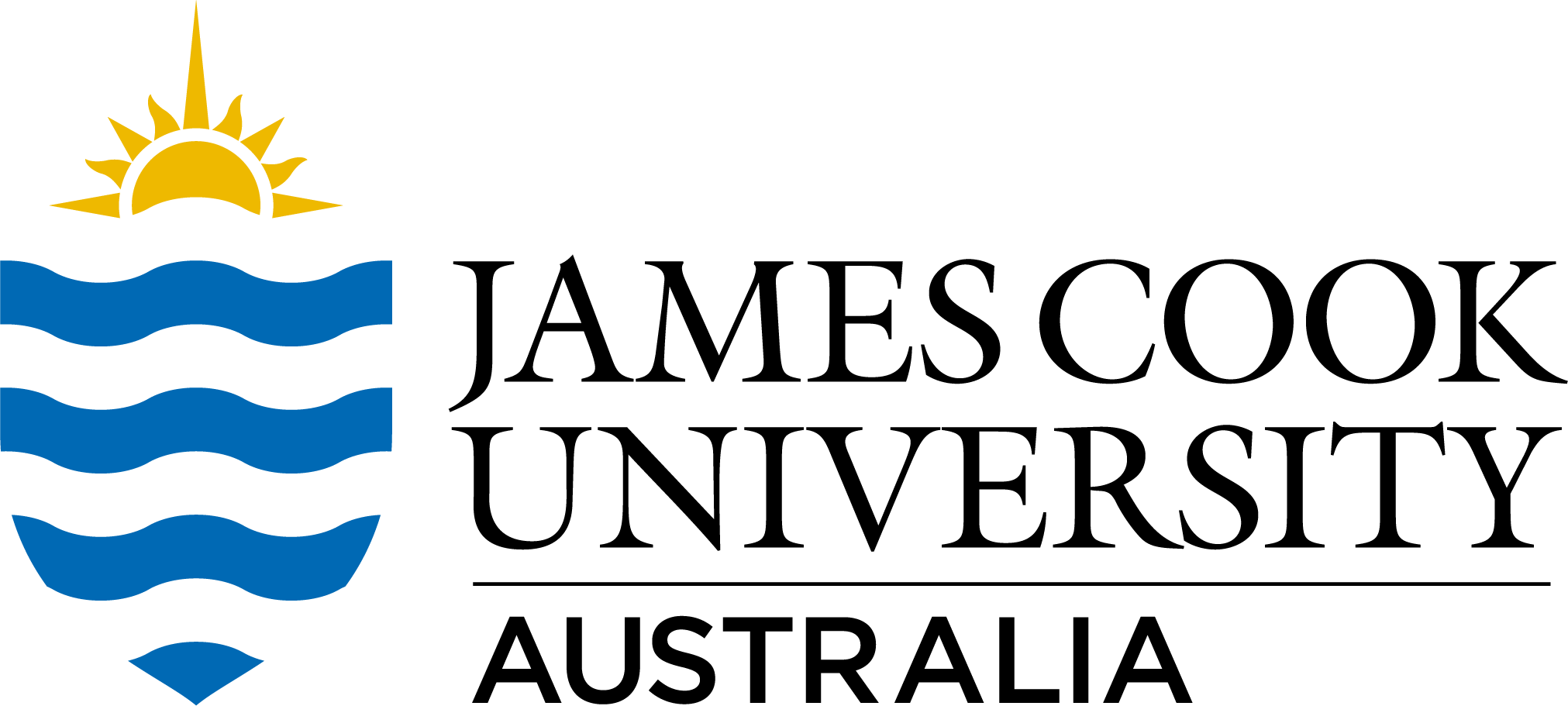Full description
Data collection was through anonymous questionnaires and key informant interviews, from February to April 2014. The survey was designed to collect information to study the levels and drivers of illegal fishing. Questionnaires were mostly quantitative, and respondents were artisanal fishermen and tourism operators, including those involved in sport fishing. These two stakeholder groups were selected because they spend considerable time on the water, giving them a good idea of the reality of each location. The questionnaires were conducted in communities adjacent to marine protected areas in the Pacific and Caribbean coasts. We selected questionnaire respondents using snowball sampling, and convenience sampling at beaches, fish landing sites, marinas, and tourism companies. Key informant interviews were semistructured and were used to validate the information received from the questionnaires. Key informants included government staff, managers of tour companies, community leaders, leaders of fishing associations, and researchers. Most key informants were contacted by telephone or email to arrange meetings. All interviews were conducted in person and in Spanish by AA, a Costa Rican. For more information see: Arias, A., J. E. Cinner, R. E. Jones, and R. L. Pressey. 2015. Levels and drivers of fishers' compliance with marine protected areas. Ecology and Society 20(4):19. http://dx.doi.org/10.5751/ES-07999-200419
Created: 2016-01-21
Data time period: 03 01 2014 to 24 04 2014
Data time period:
recent
text: Costa Rica
User Contributed Tags
Login to tag this record with meaningful keywords to make it easier to discover
- Local : researchdata.jcu.edu.au//published/30ac689b3a275149e0c738ec6f1ec049
- Local : c1ea2c843f577f56c1683a5c22135127


